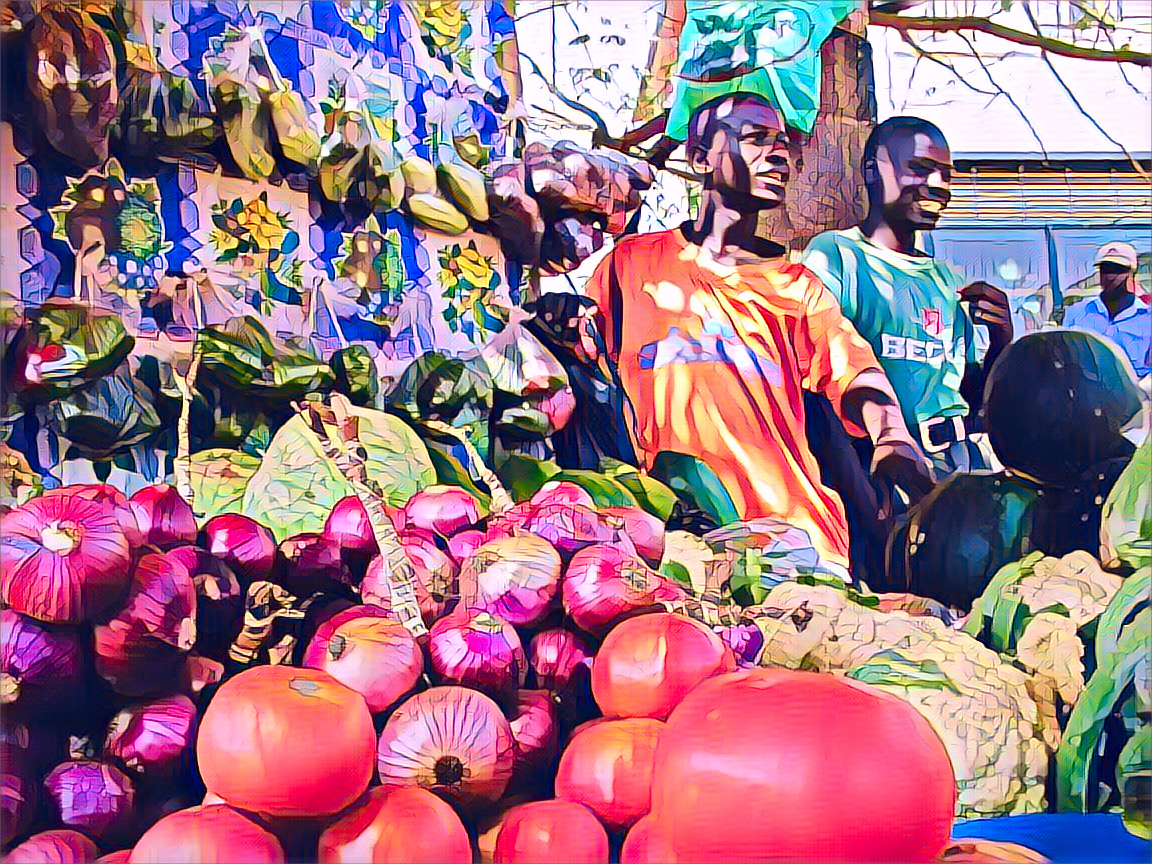KEY POINTS
- Social media platforms are vital tools for Nigerian farmers to market and sell produce.
- Digital literacy initiatives enhance farmers’ ability to access broader markets.
- Challenges like limited internet access and high data costs need addressing to maximize benefits.
In recent years, Nigerian farmers have increasingly turned to social media platforms to market and sell their produce, leveraging digital tools to reach broader audiences and enhance their sales.
Digital marketing has become essential through which agricultural methods and farm revenue performance continue to improve throughout the entire nation.
Leveraging social media platforms for marketing
Nigerian farmers rely heavily on communication tools including Facebook, Instagram and WhatsApp to perform their work.
The platform allows farmers to build groups, pages and communities, which enables them to exchange valuable information while displaying their products and interact with their target audience directly.
A study highlighted that the use of social media significantly enhances marketing efficiency and increases farmers’ turnover by reducing marketing costs and boosting demand for agricultural products.
Enhancing market access through digital literacy
The mastery of digital literacy gives farmers essential skills to use social media effectively for their marketing needs.
The Rural Digital Literacy (RDL) project sets out to provide rural farmers with required abilities to work with digital platforms.
Farmer success depends on their mastery of these tools, because it gives them the opportunity to access broader market networks and monitor market developments for better decisions about their crops.
More sustainable agricultural practice and enhanced sales emerges from this empowerment process.
Success stories of social media utilization
Nigerian farmers now generate business expansion through their adept usage of social media platforms.
Users of Instagram leverage this platform to display agricultural products, while presenting information about their pricing to attract potential customers.
This approach not only increases visibility but also allows farmers to reach a diverse audience beyond their immediate geographic location.
Challenges and the way forward
Various obstacles prevent Nigerian farmers from adopting social media marketing with full speed.
The widespread adoption of social media marketing by Nigerian farmers remains limited because of insufficient internet connectivity, high data expenses and limited digital knowledge.
The agricultural sector requires stakeholders to invest in infrastructure, while increasing internet affordability and providing digital training to overcome the mentioned challenges.
With appropriate solutions, farmers will be able to benefit from social media marketing, to create better business practices and financial outcomes.


